Is There An Inequality Tipping Point for Nonprofits?
Blue Avocado
NOVEMBER 19, 2024
For many years, there has been a notable decline in the number of Americans making charitable contributions. Even those who remain insulated from the harsh climatological effects will not be immune from the psychological effects of watching this catastrophe unfold. Trends in philanthropy make this a question worth asking.



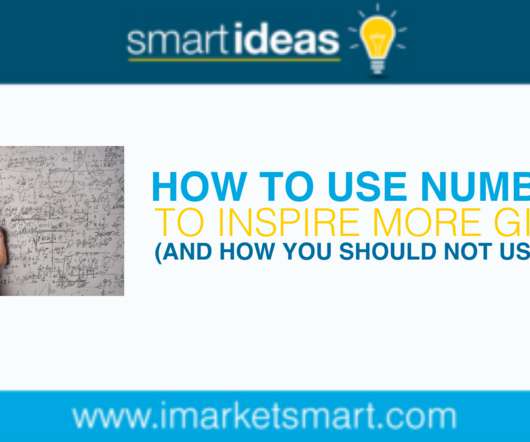
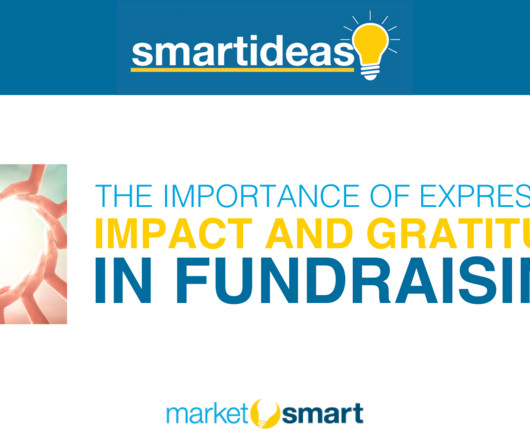
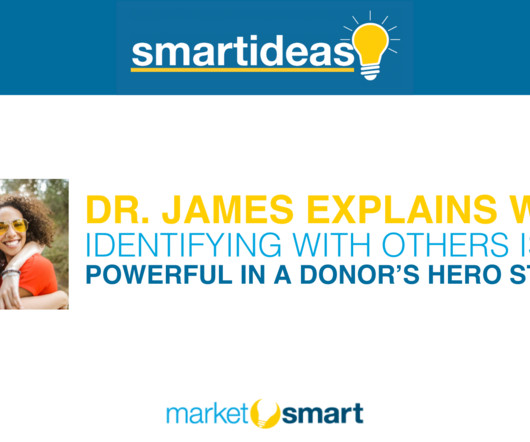
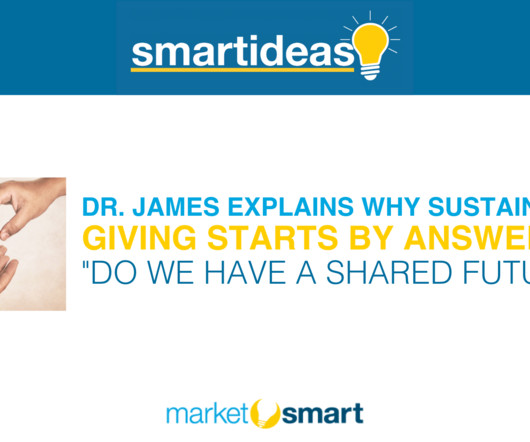
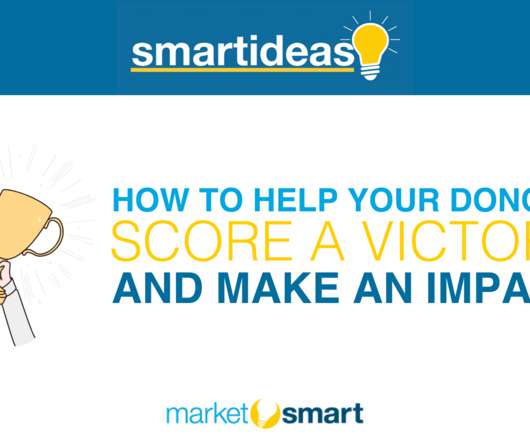
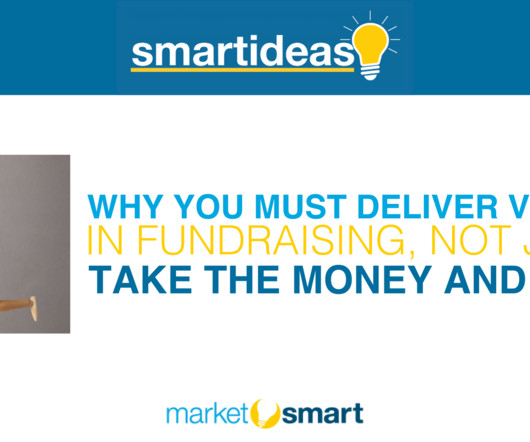
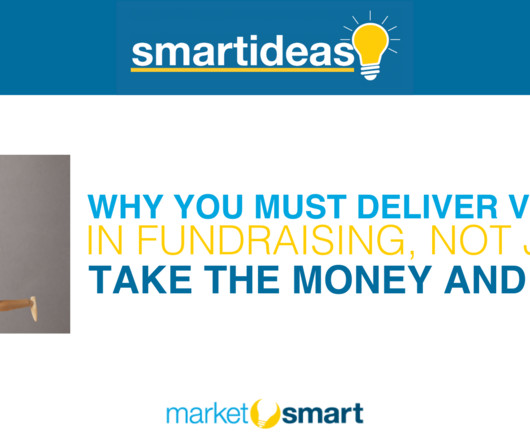
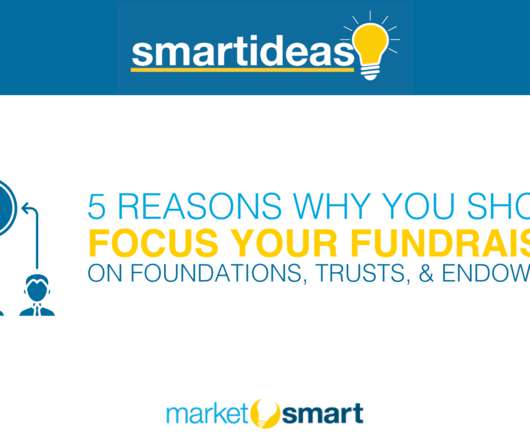






Let's personalize your content